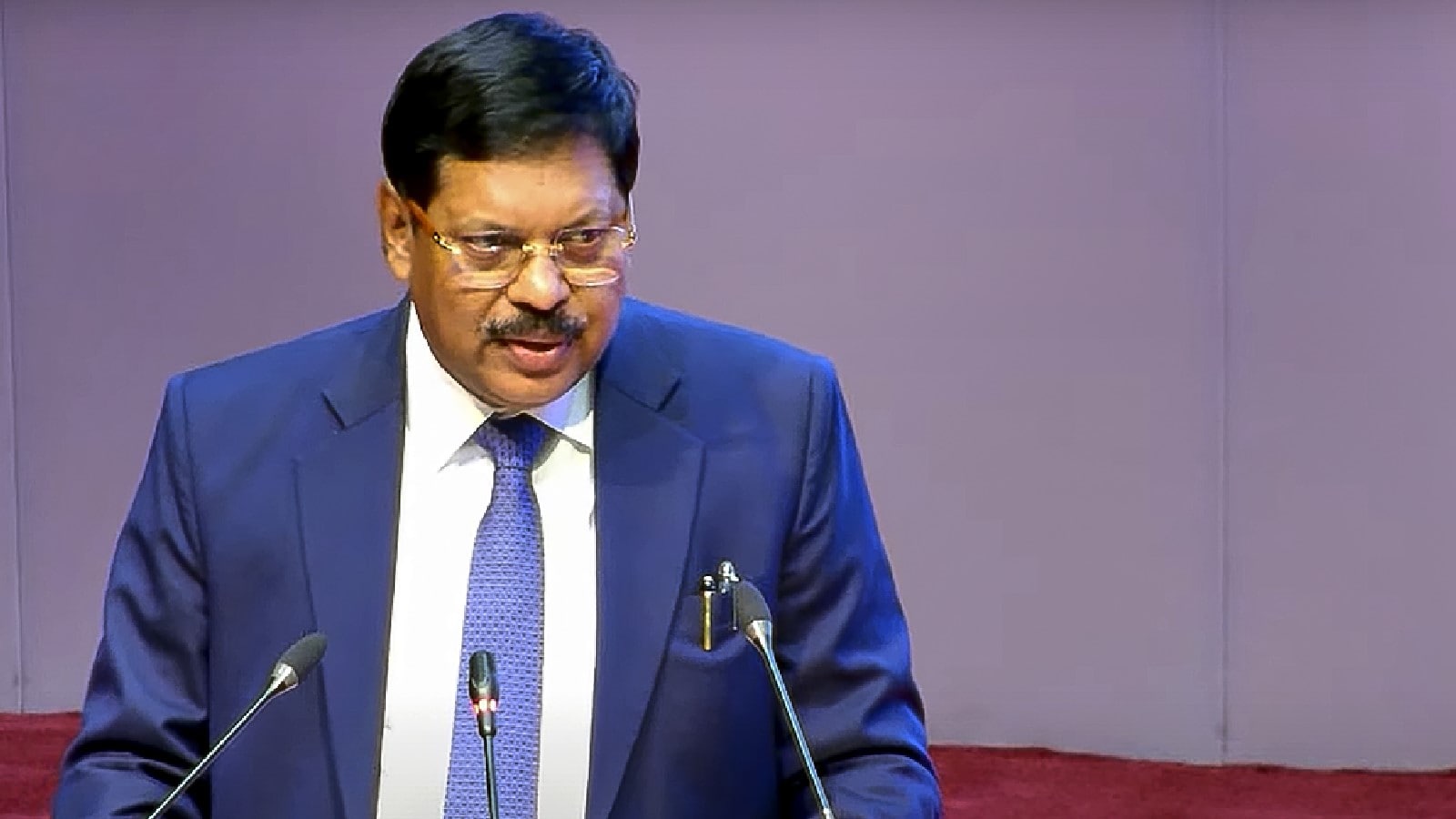Malaysian Tech Firms Eye AI-Powered Battery Recycling Revolution: A Boost for Sustainability & EV Growth

Kuala Lumpur, Malaysia – The burgeoning electric vehicle (EV) market is fueling an unprecedented global demand for lithium, a crucial component in lithium-ion batteries. However, the current rate of lithium-ion battery recycling remains woefully inadequate, posing a significant environmental challenge and potentially hindering the long-term sustainability of the EV revolution. Enter Artificial Intelligence (AI) – a game-changing technology poised to transform battery recycling processes and unlock a more circular economy for these valuable resources.
The Lithium Challenge: A Growing Problem
As Malaysia and the wider Southeast Asian region embrace electric mobility, the need for lithium will only intensify. Extracting lithium from raw materials is resource-intensive and environmentally impactful. Recycling spent batteries offers a far more sustainable alternative, reducing reliance on mining and minimizing waste. Unfortunately, traditional battery recycling methods are often inefficient, costly, and can even pose environmental risks themselves.
AI to the Rescue: Smarter, Faster, More Efficient Recycling
Several Malaysian and international technology firms are now pioneering the use of AI to overcome these challenges. These AI-powered systems leverage machine learning algorithms to analyze battery composition, predict performance degradation, and optimize the recycling process. Here's how AI is making a difference:
- Automated Sorting & Disassembly: AI-powered robots can rapidly and accurately sort batteries based on their chemistry and condition, streamlining the initial stages of recycling.
- Precise Material Recovery: AI algorithms can optimize the chemical processes used to extract valuable materials like lithium, cobalt, and nickel, maximizing recovery rates and minimizing waste.
- Quality Control & Safety: AI can monitor the recycling process in real-time, identifying potential safety hazards and ensuring the quality of recovered materials.
- Predictive Maintenance: AI can predict equipment failures, reducing downtime and improving overall operational efficiency.
Opportunities for Malaysia: A Regional Hub for Battery Recycling
Malaysia is uniquely positioned to become a regional hub for battery recycling. The country's strong electronics manufacturing base, growing EV adoption, and increasing focus on sustainability create a fertile ground for the development and deployment of AI-powered recycling technologies. Government support through incentives and regulatory frameworks will be crucial to fostering this growth.
Beyond Lithium: A Circular Economy for All Battery Materials
The benefits of AI-powered battery recycling extend beyond lithium. These technologies can also be applied to recover other valuable materials from batteries, such as graphite and manganese, further reducing waste and promoting a truly circular economy. This holistic approach is essential for building a sustainable and resilient EV ecosystem.
Looking Ahead: Collaboration and Innovation
The successful implementation of AI-powered battery recycling requires collaboration between technology developers, recycling companies, automotive manufacturers, and government agencies. Continued investment in research and development, coupled with supportive policies, will be key to unlocking the full potential of this transformative technology and ensuring a sustainable future for electric mobility in Malaysia and beyond. The race to build a more sustainable battery lifecycle is on, and AI is undoubtedly the key to winning it.


:max_bytes(150000):strip_icc():focal(718x507:720x509)/Artist-Bang-Bang-Tattoo-Robot-061525-05-e28f1d4ce79545ae917cb711f2cf51cc.jpg)


